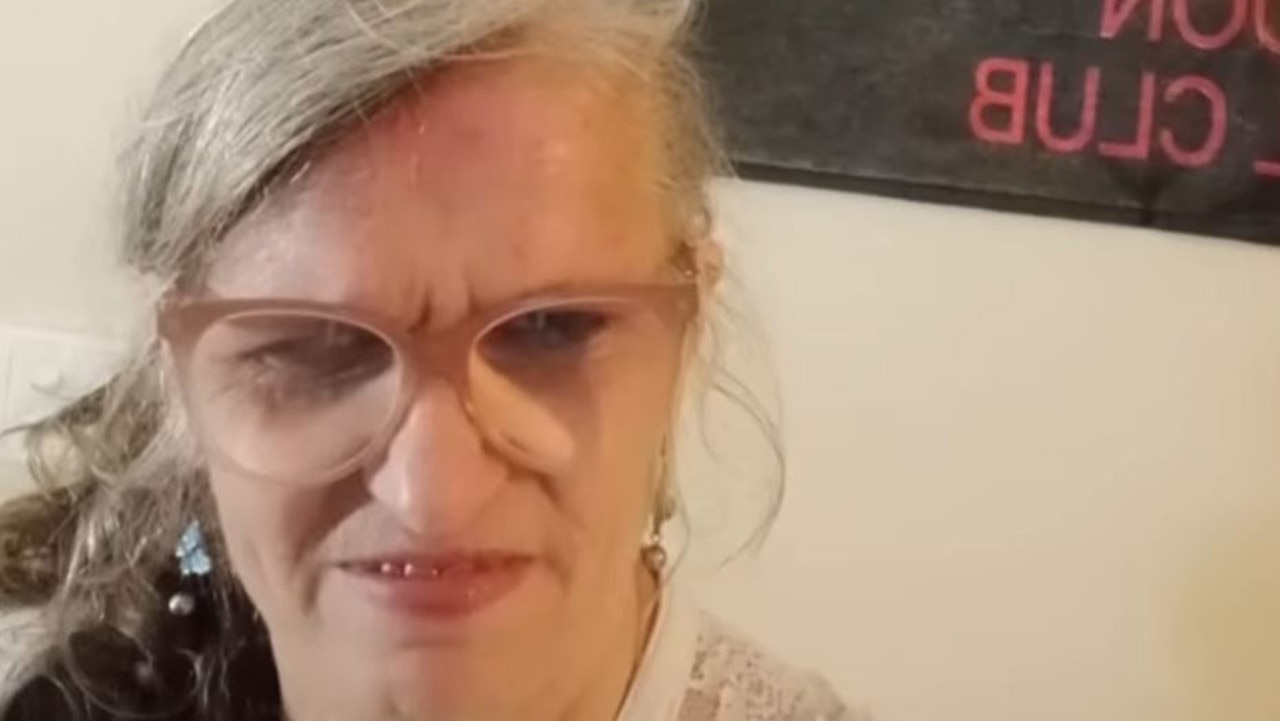Inquest into death of John Kennedy who died after going into cardiac arrest while waiting 23 minutes for an ambulance
A cardiologist has told an inquest that a man who died from cardiac arrest after waiting 23 minutes for an ambulance needed help within six minutes to survive.
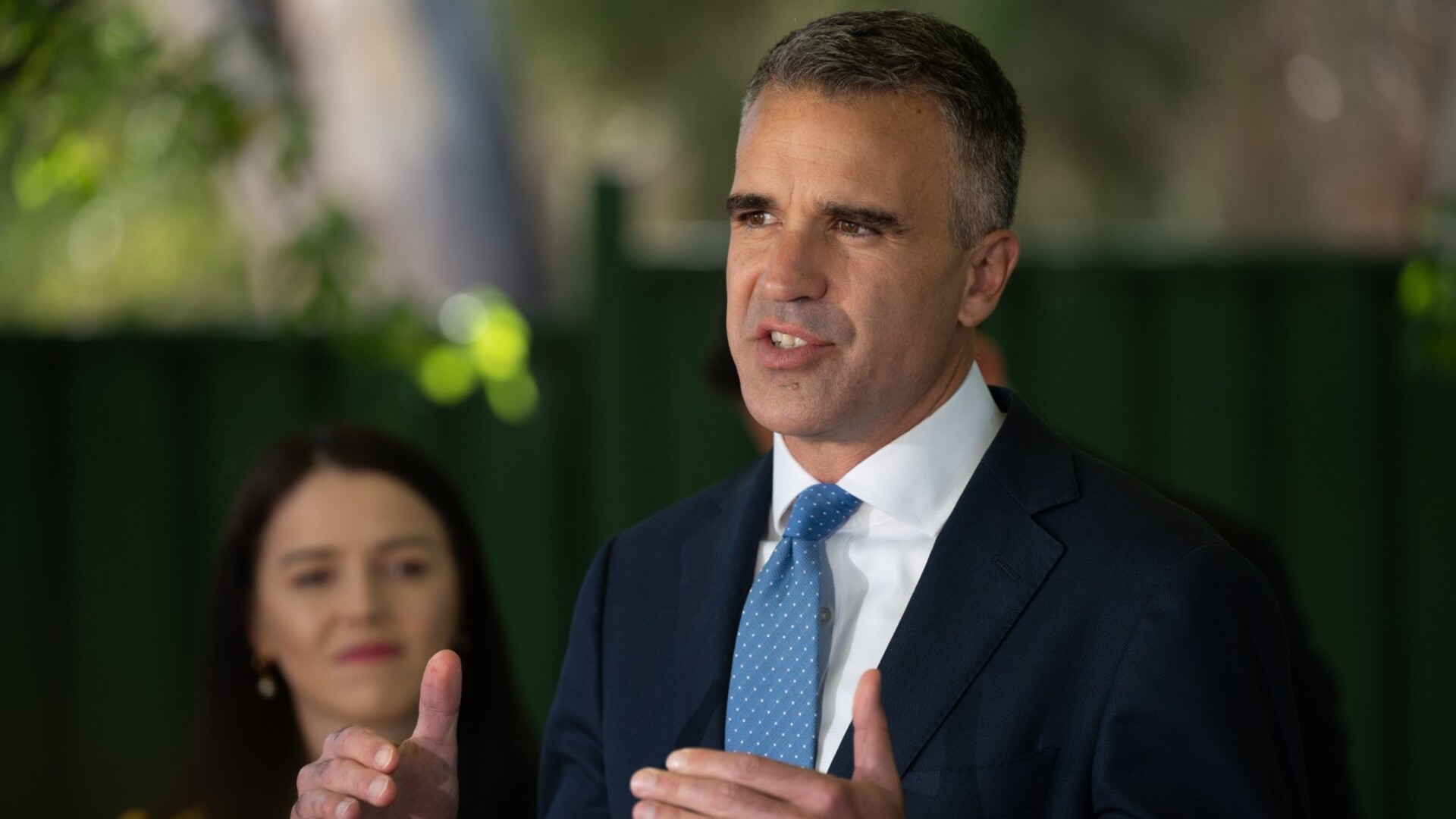
A man who died from cardiac arrest after waiting 23 minutes for an ambulance would have had a much better chance of survival if one had come sooner, an inquest has heard.
John Douglas Kennedy, 65, and his family were reassured that help was on its way when an ambulance had not yet been dispatched.
Opening the inquest on Tuesday, counsel assisting, Darren Evans told the court Mr Kennedy woke up and told his wife, Dianne to call an ambulance because he was having “severe chest pains”.
In the triple-0 call played to the court, Ms Kennedy can be heard pleading for help before the call-taker, Courtney Griffiths reassures her that help is on the way.
“We’ve got an ambulance coming out with lights and sirens, OK,” Ms Griffiths tells her.
“We’re coming as fast as we can ma’am.”
The court heard that an ambulance had not yet been dispatched at the time of the conversation.
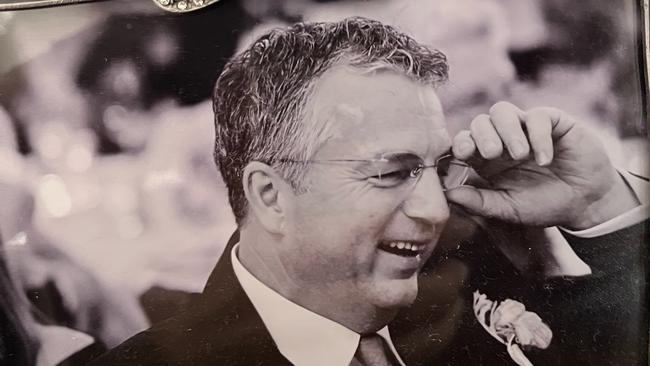
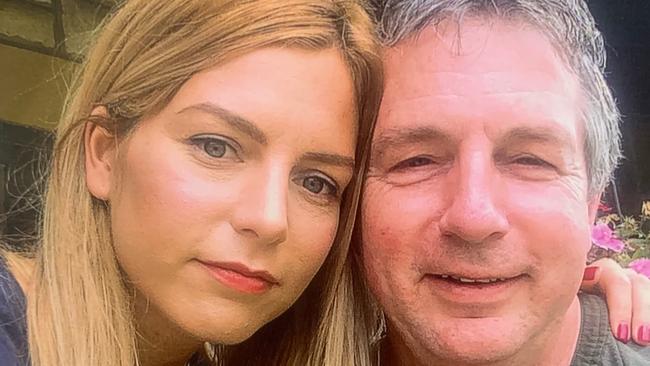
Mr Kennedy’s case was assigned Priority 2, which has a target time frame of 16 minutes.
Emergency operation centre dispatcher Tina Lynch spoke to a paramedic crew at the Mount Barker Hospital who told her there was a “quite crook” patient there that needed to be transported to another hospital.Ms Lynch then assigned Mr Kennedy’s case to a crew at Stirling, who arrived at 12.43am, 23 minutes after the initial call.
By this time, Mr Kennedy was in cardiac arrest and CPR was commenced.
Mr Kennedy was transported to Mount Barker hospital where CPR continued until 2.08am where a MedSTAR doctor declared Mr Kennedy deceased.
A pathology review concluded that Mr Kennedy’s cause of death was ischaemic heart disease on a background of hypertension.
On Wednesday, Ms Griffiths was asked why she told Mrs Kennedy an ambulance was on its way when one hadn’t been dispatched yet.
“It’s part of our training to reassure families that help has been organised,” she said.
“It’s the sense of urgency felt by everyone attached to the job in that we will be trying our hardest to get the nearest resource to that job.”
Cardiologist Dr William Heddle told the inquest that a five to six minute time frame would have been preferable for Mr Kennedy to get help.
“His clinical presentation was very suggestive of a patient having a heart attack, in a very serious situation with adverse outcomes … if he did not have prompt attention,” he said.
When asked if Mr Kennedy’s death could have been prevented if an ambulance had arrived while he was conscious, Dr Heddle replied “it is certainly possible”.
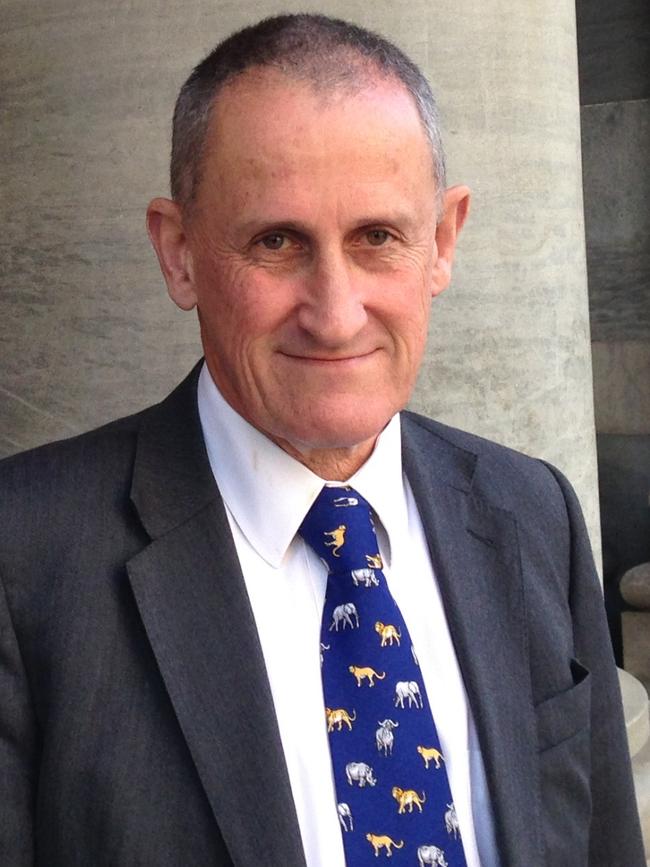
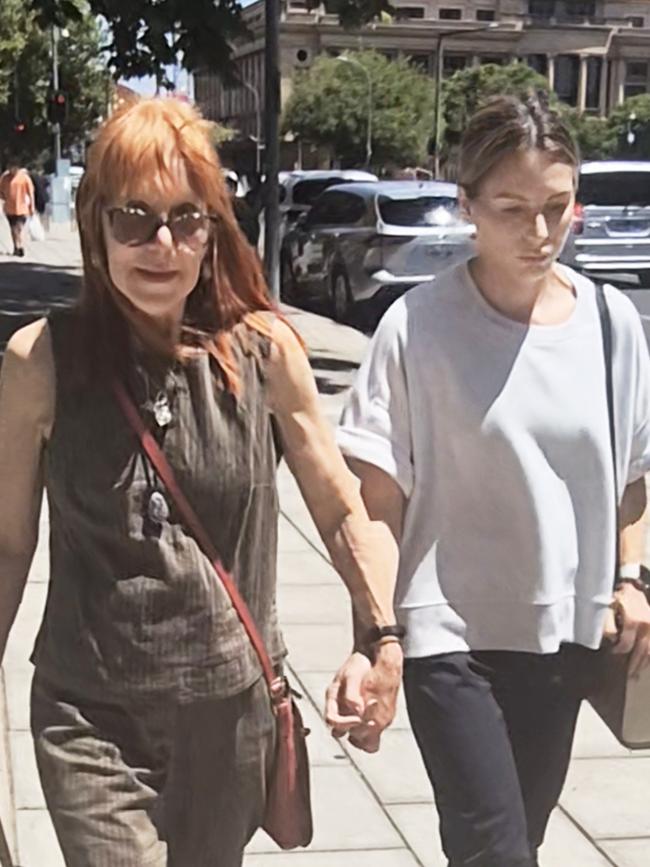
Outside court, Mr Kennedy’s daughter, Kristen De Gilio told media they hoped the inquest brought justice for her dad.
“I don’t want this to happen to anyone else,” she said.
“We’ve lost our best friend, a grandfather, father, husband.”
The inquest before Deputy State Coroner Naomi Kereu continues.
More Coverage
Originally published as Inquest into death of John Kennedy who died after going into cardiac arrest while waiting 23 minutes for an ambulance



